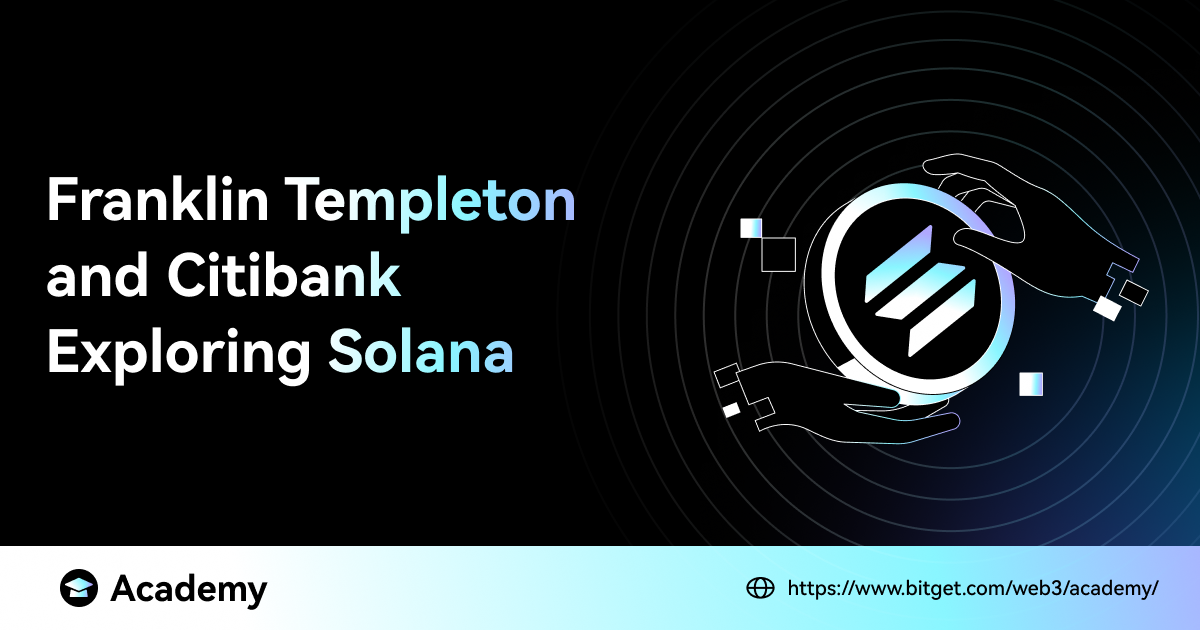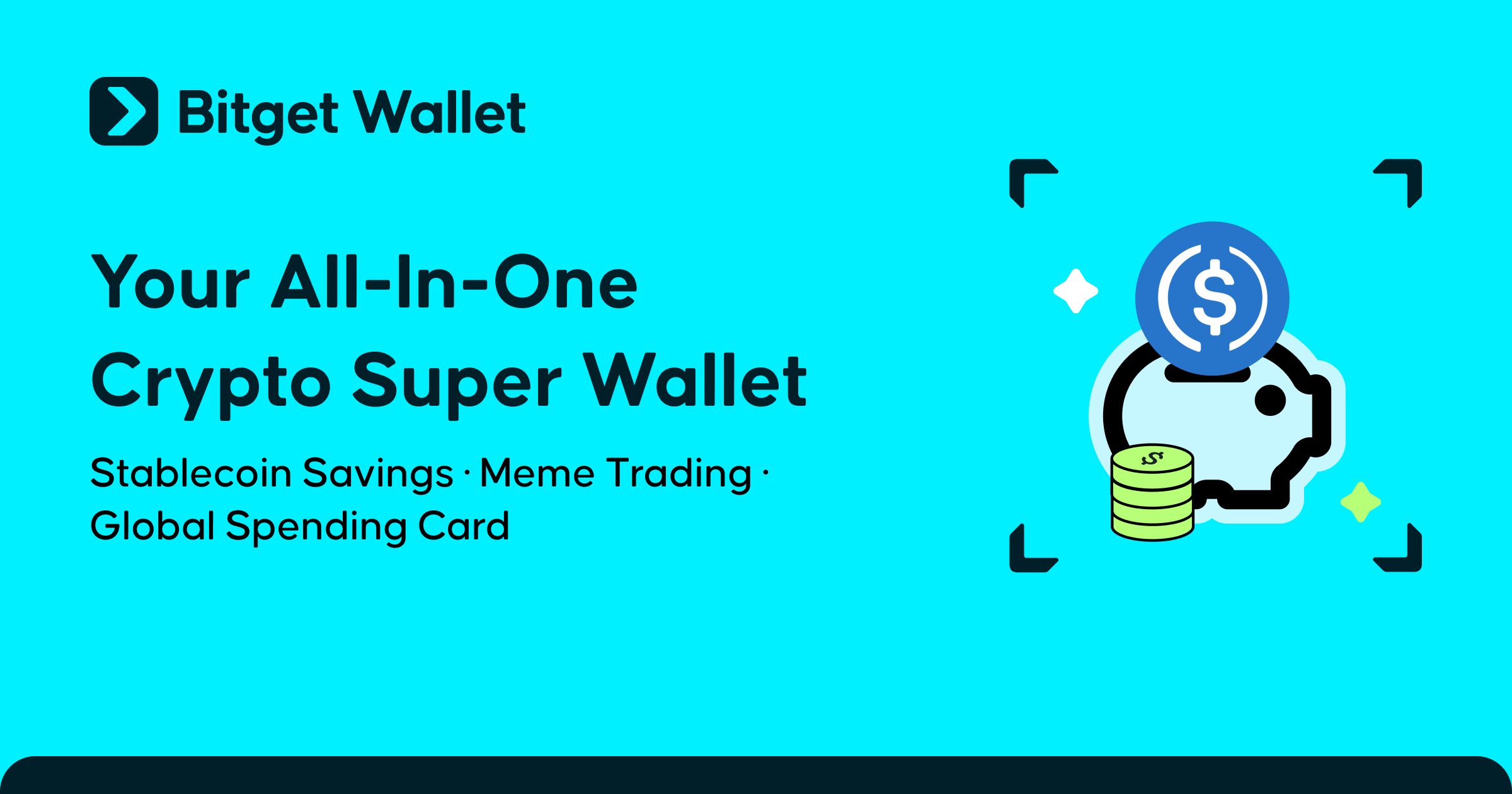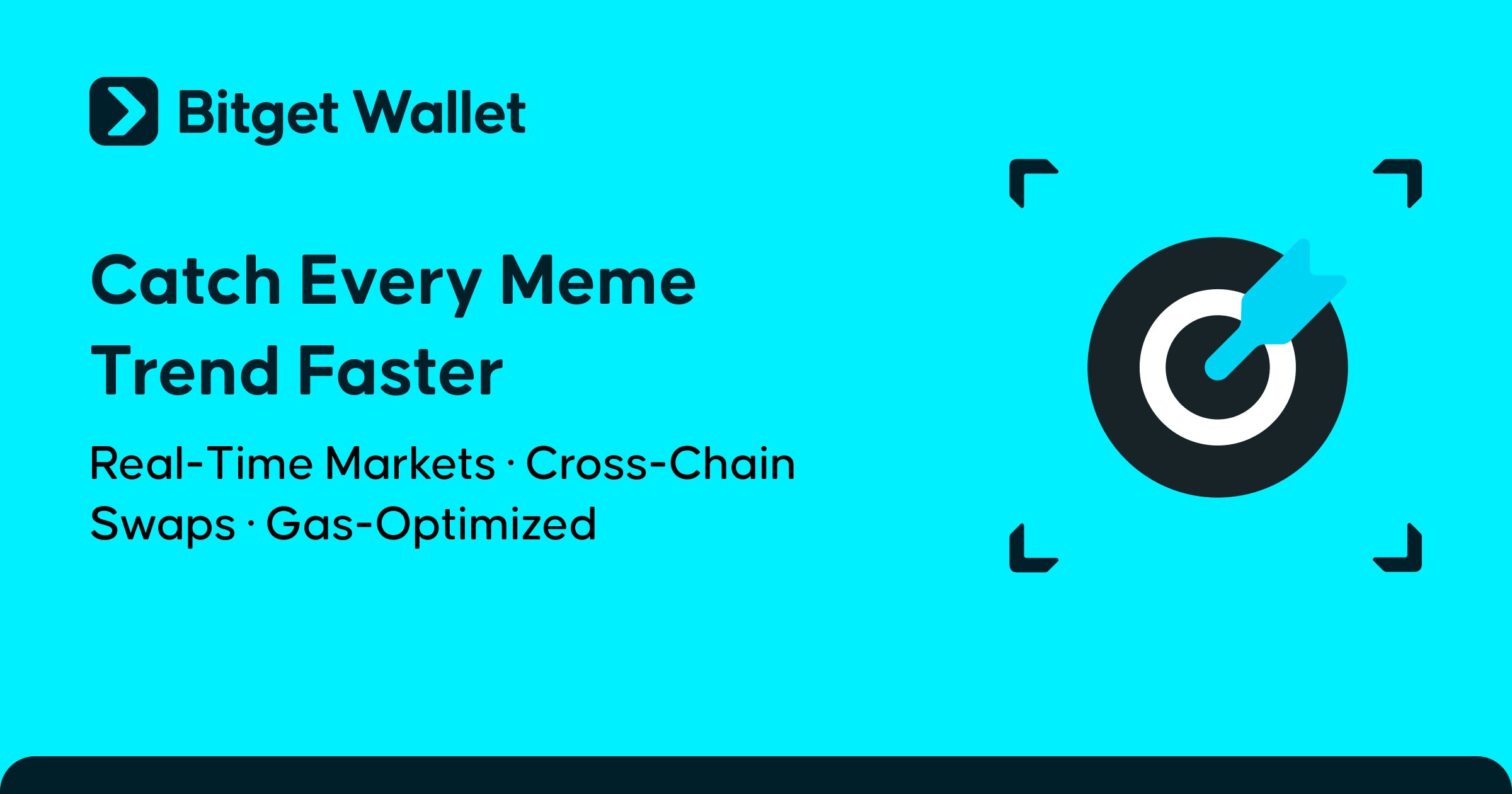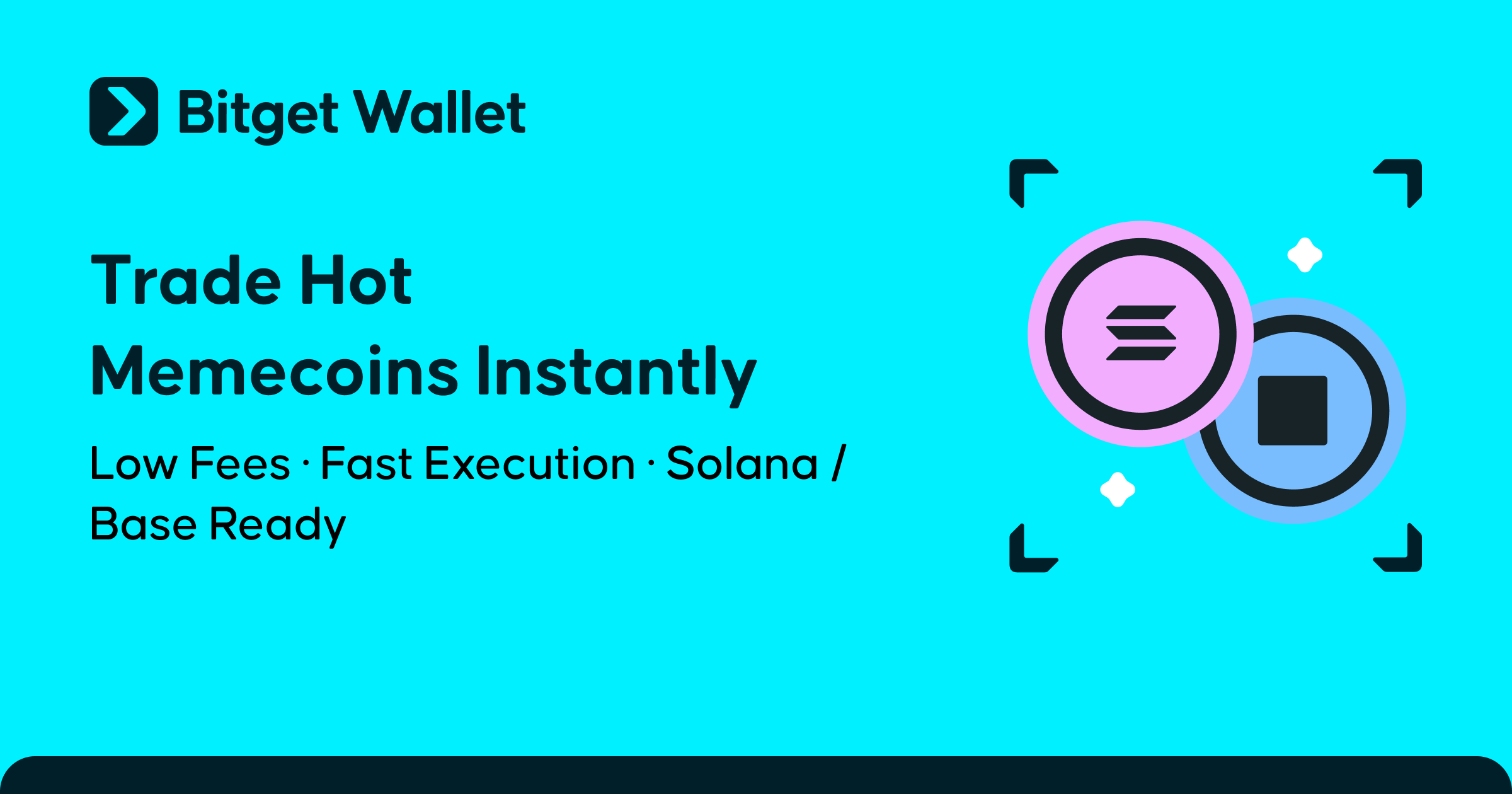Franklin Templeton and Citibank Explore Solana: What to Expect Next

Franklin Templeton and Citibank have announced their exploration of Solana, a high-performance blockchain platform. This move marks the growing convergence between traditional finance (TradFi) and decentralized finance (DeFi), opening up the potential for increased efficiency, reduced costs, and the creation of new financial products. This article will explore why these two major financial institutions have chosen Solana, the impact of this decision, and what we can expect in the future.
Why Solana?
Solana has emerged as one of the leading blockchain platforms due to its speed, scalability, and low transaction costs. With the ability to process thousands of transactions per second, Solana not only helps financial institutions save costs but also ensures efficiency in complex processes. This has attracted major financial companies like Franklin Templeton and Citibank, who are seeking blockchain solutions to enhance and scale their financial operations.
In addition to its technological advantages, Solana has outperformed competitors like Ethereum in handling large transaction volumes, especially after the 2024 meme coin craze. Its ability to withstand surges in demand has proven the sustainability of the network, making traditional financial institutions trust in Solana’s potential to develop digital asset products. Choosing Solana helps Franklin Templeton and Citibank lay a solid foundation for future digital finance strategies.
Moreover, Solana’s ecosystem is designed with modern users in mind, as evidenced by the launch of products like crypto phones. This innovation positions Solana as a bridge between traditional banking and Web3. With strong investments in both hardware and software, along with a loyal user base, Solana has become a leading blockchain platform, attracting the interest of many major financial institutions.
More about Solana (SOL) Wallet
Franklin Templeton’s Move with Solana
Franklin Templeton, one of the world’s largest asset management firms with over $1.4 trillion in assets, has announced plans to integrate Solana into its mutual fund management operations. The company hopes that applying Solana’s blockchain will enhance efficiency and reduce the costs associated with mutual fund management. Typically, mutual fund transactions involve many intermediaries and complex settlement processes, making them slow and expensive. By shifting to a blockchain-based system, Franklin Templeton aims to streamline the process, minimize human errors, and improve the overall operational framework.
Mike Reed, Head of Partnership Development at Franklin Templeton, emphasized that Solana’s ability to handle large transaction volumes at very low costs makes it the optimal choice for large-scale financial applications. Solana’s capability to process many transactions with low fees is particularly suitable for major financial operations.
Additionally, Franklin Templeton’s expansion into Solana aligns with the company’s broader strategy of growing its blockchain-based financial products. The firm has managed multiple cryptocurrency exchange-traded funds (ETFs), including Bitcoin and Ethereum, reflecting its growing confidence in blockchain technology’s potential. Expanding into Solana will help Franklin Templeton maintain its leadership in the digitization of finance.
Related content: Does Solana have an ETF?
Citibank Adopts Solana for Cross-Border Payments
Citibank, one of the world’s largest banks, is also exploring Solana, particularly for cross-border payment solutions and smart contracts. Cross-border transactions often face issues like slow processing times, high fees, and numerous intermediaries, leading to delays and inefficiencies. Blockchain technology, especially Solana, offers a solution with fast processing and low costs.
Citibank’s interest in Solana isn’t its first foray into blockchain. In 2023, Citibank experimented with Avalanche blockchain to tokenize private equity funds. These initial steps indicate the bank’s desire to optimize financial operations and introduce more efficient systems through decentralized technology.
Challenges Ahead for Solana Adoption
Despite the clear benefits, adopting blockchain technology in traditional finance still faces many challenges. The most significant is the unclear regulatory landscape. In the United States, the Securities and Exchange Commission (SEC) remains cautious in approving blockchain-based financial products, and the regulatory framework for cryptocurrencies is still evolving.
Additionally, blockchain technology itself is still a work in progress. Issues like network stability, governance, and scalability need to be addressed before blockchain can fully replace existing systems.
Solana: The Next Move for Franklin Templeton and Citibank
As Franklin Templeton and Citibank continue to explore Solana, we can expect other traditional financial institutions to quickly follow this trend. The financial industry is gradually recognizing the potential of blockchain to improve efficiency, reduce costs, and introduce new financial products. However, the pace of blockchain adoption will largely depend on the development of regulatory frameworks as well as the continuous improvement and evolution of blockchain technology.
For Solana, the participation of major financial institutions not only strengthens its position in the blockchain ecosystem but also drives the network’s overall development. The transaction volume and liquidity from institutional users will boost the demand for SOL tokens, increasing the system’s value and stability. This will create more attractive investment opportunities, not only for large institutions but also for retail investors looking to capitalize on Solana’s potential.
To seize the opportunities from this wave of development, choosing a safe and efficient wallet is crucial. The Bitget Wallet is the perfect solution for managing and securing your digital assets, especially with multi-chain support like Solana. Additionally, with high security and low transaction fees, the Bitget Wallet not only protects your assets but also optimizes your trading experience. Explore the Bitget Wallet today to prepare for a blockchain-based financial future and not miss out on valuable investment opportunities!
- FIFA World Cup Odds 2026: How to Bet on the World Cup 2026 Winner2026-03-03 | 5mins
- Fabric Airdrop Guide: How to Participate and Claim $ROBO Rewards2026-03-03 | 5mins
- Can I Buy World Cup Ticket with Cryptocurrencies?2026-03-02 | 5mins


















